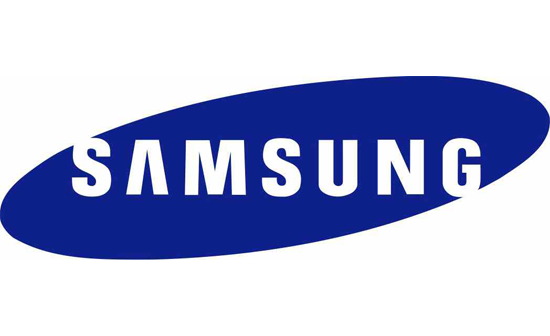Samsung are working hard to give your Samsung devices the best performance possible efficiently.
Battery Life
With industry standard memory, you may experience higher rates of power consumption and shorter battery life but Samsung LPDDR2 uses 50% less power than the industry standard while maintaining optimal performance, That means 30 more minutes of work or play.
MultiTasking
With industry standard memory, software applications work slowly. You may experience longer file load times, and poor performance when switching between apps; Samsung SSDs have no spin-up time like a traditional hard drive. No seek time. No rotational latency. Our SSDs can perform 110x faster than a 15K RPM HDD.
Resolution
The industry standard mobile memory is LPDDR1, which does not support data rates required for full HD video; Samsung LPDDR2 offers up to 3.2GB/S data streaming - twice as much as LPDDR1, enabling smooth HD playback at 1080p resolution.
Processing Speed
With industry standard memory, you may experience sluggish performance, low frame-rates, and choppy animations; Samsung SSDs run up to 250MB/s sequential read speed and 220MB/s write spead which provide unmatched performance, perfect for pro apps and games.
Samsung Memory - Meet Loading Ball Larry
Loading Ball Larry puts his annoying spin on everything he touches. You're probably already familiar with his work: He's the guy who crashed your app, right before you hit save. The jerk who turned that ten-minute task of yours into a full hour of frustration—spinning, spinning, spinning your day away.
Samsung Memory - Meet Fiona Freeze
When you feel the little hairs on the back of your neck stand up for no reason, Fiona Freeze isn't far behind.
Samsung Memory - Meet Battery Brutus
You know him. He knows you. And he knows just when to prey on your devices. Like when you're stuck on an airplane. Without a plug. In the middle of a movie.
This post has been sponsored by Samsung Mobile
Sponsored video: Samsung Memory, better performance
0
Share.



